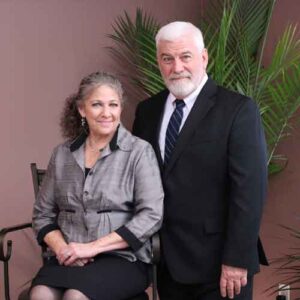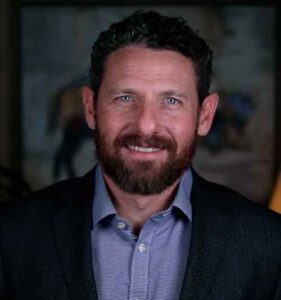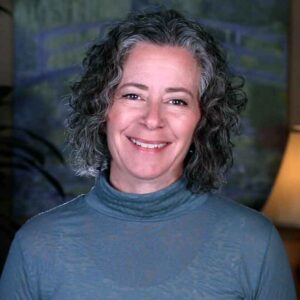About BEing There Counseling


A Different Kind of Therapy.
A Clearer Path Forward.
Welcome to BEing There Counseling, where therapy is more than solving problems — it’s a way to build a richer, more connected, and meaningful life. For forty years, BEing There Counseling has offered a proprietary approach that goes far beyond conventional therapy. Here, we don’t just help you talk through challenges — we help you learn essential emotional skills that guide you toward clarity, purpose, and deeper connection with yourself and others.
Why Choose Us?
We go beyond talk therapy. With 50 years of experience, we offer practical tools, insight, and a proven path to clarity, connection, and growth.
Our Philosophy
At BEing There Counseling, we believe that every individual creates their own reality — often without even realizing it.
Through counseling, you can learn to recognize the patterns shaping your reality and make meaningful changes that open the door to a more fulfilling life.
We also believe therapy isn’t just about fixing what’s broken — it’s about helping you wake up to your life.
Through our approach, you’ll develop a clearer understanding of your emotions and how they shape your choices, relationships, and sense of purpose. We teach that emotions aren’t problems to get rid of — they’re messengers that can guide you toward what matters most. This is the heart of the Path of Emotion, a proprietary framework developed by Stephen and Donna BE through decades of guiding clients to live healthier and more fulfilling lives. Applying this practical, meaningful process will help you navigate life’s challenges and build a steady foundation for growth.
We share this work not only in our counseling sessions but also through BEing There Publications, which offer accessible tools and insights to help people apply these principles in daily life.

BEing There Counseling began nearly four decades ago through the pioneering work of Stephen and Donna BE, our master therapists whose wisdom shaped what would become the foundation of our approach. Over time, we refined these ideas into a clear, teachable system that has supported individuals, couples, and families across generations.
Today, with the addition of Dr. Daniel BE and Mary Beth Luedtke, BEing There Counseling continues to bring fresh perspective to a time-tested approach — making meaningful emotional work available to those ready to live with more harmony and purpose.
Mary Beth brings a warm and practical approach to her work with individuals, couples, and families. She goes beyond helping clients explore their emotions — she teaches concrete tools that strengthen relationships, improve communication, and help people make meaningful, lasting changes in how they live and connect with others.
WHY US?
Why Choose BEing There Counseling
At BEing There Counseling, we do more than offer emotional support—we guide you toward lasting change.
50 Years of Experience
We’ve spent five decades developing and refining a unique emotional skill-building method grounded in real-world experience.Beyond Talk Therapy
Our approach goes deeper than traditional therapy, offering a clear path to greater self-awareness, connection, and purpose.Practical, Teachable Tools
We equip you with the tools you need to build emotional skills, strengthen relationships, and live a more harmonious life.A Higher Standard
Our work is rooted in the belief that emotional growth is part of the pursuit of higher consciousness—not just symptom relief.Skilled Therapists
Our experienced therapists bring thoughtful guidance and proven tools to support your growth through life’s most complex challenges.Specialists in Relationship Growth
We specialize in marriage counseling, couples therapy, and relationship counseling—serving clients in Grand Junction and throughout Colorado via secure video sessions.
This is not just a place for relief—it’s a place to grow.
At BEing There Counseling, we help you create a life of clarity, connection, and meaning.



